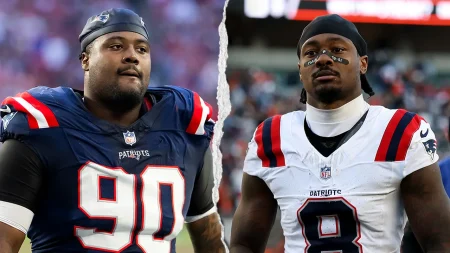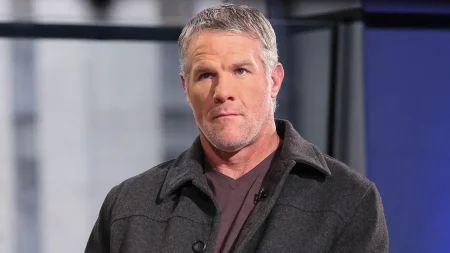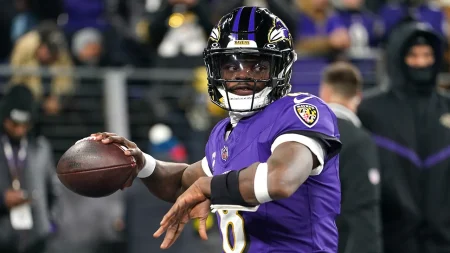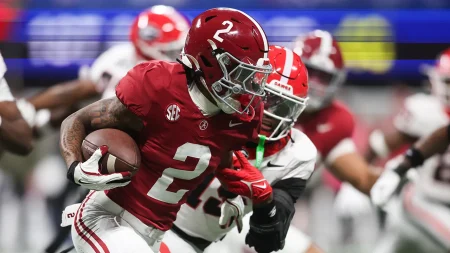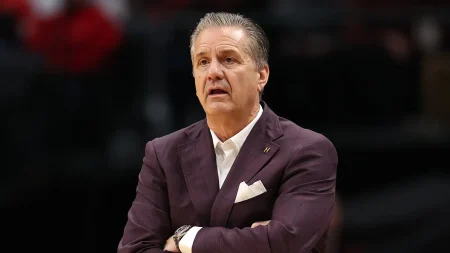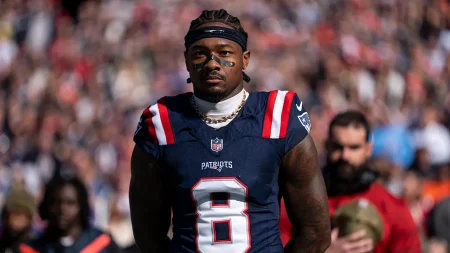The revelation of Caitlin Clark’s stalker has sent shockwaves through the women’s basketball community, forcing a reckoning with the unsettling reality of security and privacy threats faced by prominent female athletes. This incident, unfortunately, isn’t isolated. Just a month prior, a man pleaded guilty to stalking UConn star Paige Bueckers, highlighting a disturbing pattern. The increasing visibility and accessibility of athletes, particularly through social media, seems to be creating a breeding ground for obsessive behaviors and unwanted attention, leaving players feeling vulnerable and exposed.
The conversations surrounding player safety intensified ahead of the inaugural season of the 3-on-3 league, Unrivaled. WNBA players participating in the league openly shared their concerns and personal experiences with harassment and threats. DiJonai Carrington, who infamously gave Clark a black eye during a playoff game, revealed that she has received cyberthreats and must constantly be vigilant about her safety in public. Her comments reflect a sobering realization: as the sport’s popularity grows, so too does the potential for these types of incidents. Carrington emphasized the need for proactive measures to protect athletes and hold perpetrators accountable.
Breanna Stewart, another WNBA star, underscored the importance of cautious social media usage. She and other players are acutely aware of the risks of sharing their real-time locations, as this information can be exploited by those with malicious intent. Stewart revealed that security measures are a constant presence, highlighting the unfortunate necessity of such precautions in the current climate. This chilling reality extends beyond individual players; Stewart and her wife were targets of threatening emails during the WNBA Finals, demonstrating that the harassment can extend to family members as well.
Aliyah Boston, Clark’s teammate, expressed her distress over the situation, acknowledging the fear and anxiety these incidents create for players and their families. She praised the efforts of support staff in ensuring player safety and responding to any concerns, emphasizing the crucial role of a responsive and proactive security apparatus. This sentiment emphasizes the collective responsibility to create a safe environment for athletes, one where they can focus on their performance without the constant fear of harassment or violence.
Napheesa Collier, co-founder of Unrivaled, confirmed the league’s commitment to addressing these safety concerns. She acknowledged the inherent vulnerability that comes with increased public exposure and revealed that the league has held safety meetings with players. This proactive approach highlights the growing recognition of the need for comprehensive safety protocols and education within the league itself, demonstrating a shift toward prioritizing player well-being. Collier’s comments reflect the league’s understanding that addressing these issues is not just about reacting to incidents but also about creating a culture of safety and prevention.
The details of Caitlin Clark’s case further illuminate the severity of the problem. Michael Lewis, the alleged stalker, was charged with stalking and threatening sexual battery or death. His alleged actions, which included sending sexually explicit messages and surveilling Clark’s home, highlight the potential for these situations to escalate into dangerous real-world threats. The court’s intervention, including bail restrictions and orders to stay away from basketball venues, underscores the seriousness of the charges and the need to protect Clark’s safety. The prosecutor’s statement commends Clark’s courage in coming forward and emphasizes the importance of supporting victims in these cases. This incident serves as a stark reminder of the emotional toll these experiences take on athletes and the importance of creating an environment where they feel empowered to speak out without fear of retribution. The focus should be on providing support and resources for victims while holding perpetrators accountable for their actions.







